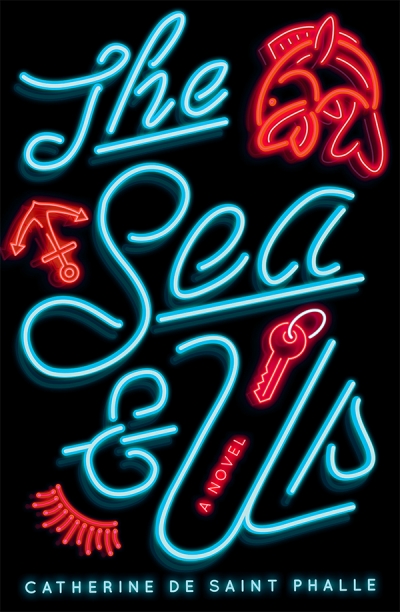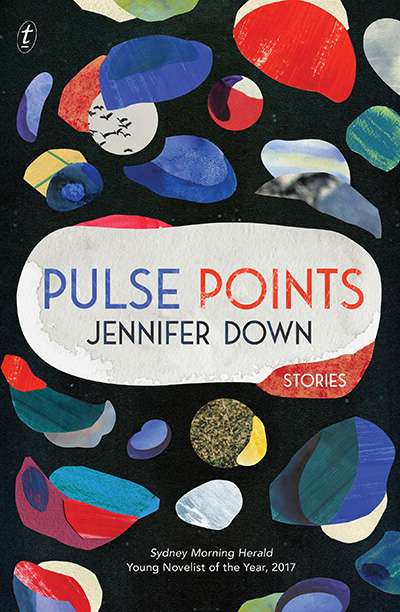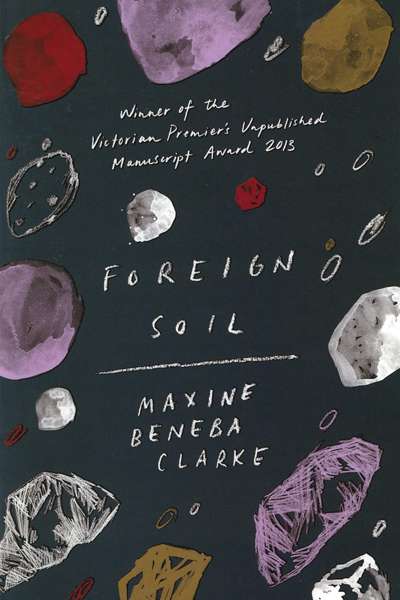Susan Midalia
Four auspicious début collections by Mandy Beaumont, Dominic Carew, Wayne Marshall, and Sean O'Beirne
The American writer Jack Matthews had no time for what he called ‘a discontent’ with the brevity of the short story. ‘Ask a coral snake,’ he declared, ‘which is as deadly as it is small.’ The claim for ‘deadliness’ certainly applies to four recent début collections; in the tight spaces of the short story, each one presents confronting ideas about contemporary Australia.
... (read more)Three recent début novels employ the genre of the Bildungsroman to explore the complexities of female experience in the recent historical past. Anna Goldsworthy, widely known and admired as a memoirist, essayist, and musician, has now added a novel, Melting Moments (Black Inc., $29.99 pb, 240 pp), to her list of achievements.
... (read more)In the spirit of our annual ‘Books of the Year’ feature, in which we ask a range of writers and critics to nominate their favourite new fiction and non-fiction titles, we asked ten Australian short story writers to nominate their favourite short story collections and individual stories. As this is the first time we have run a short-story themed feature of this nature, our ten writers were free to nominate older titles if they wished to do so. Our only request was that at least one of their selections should have been published recently and that at least one be by an Australian author.
... (read more)





